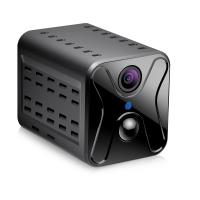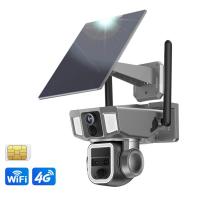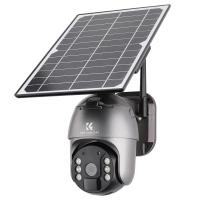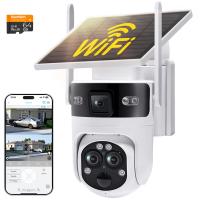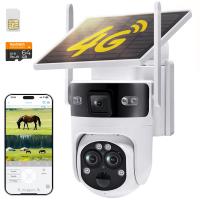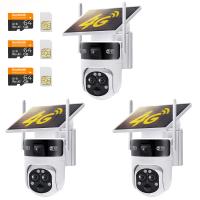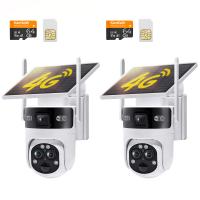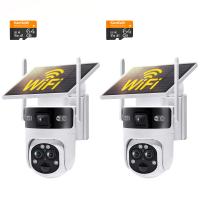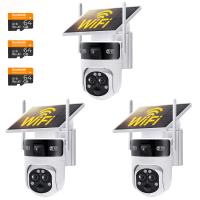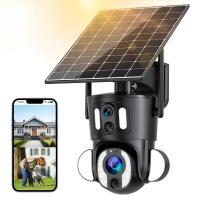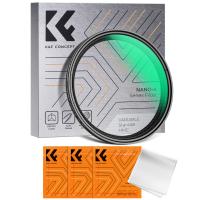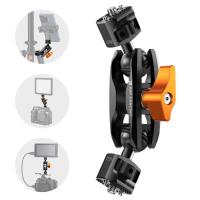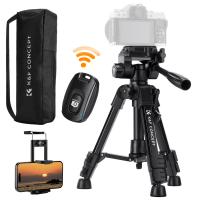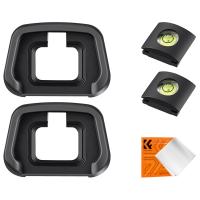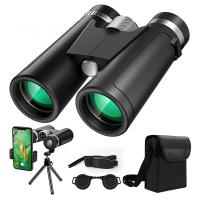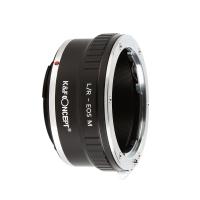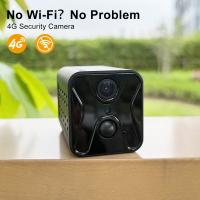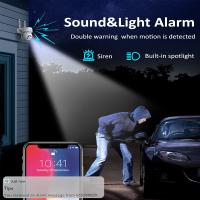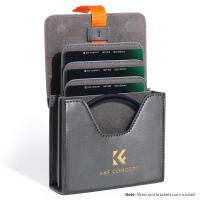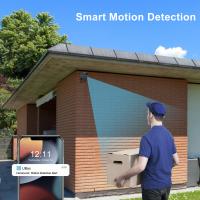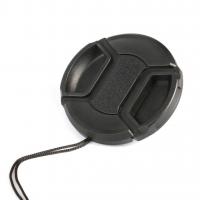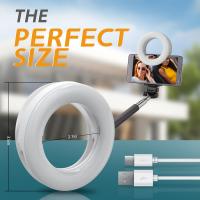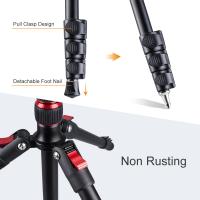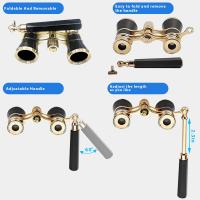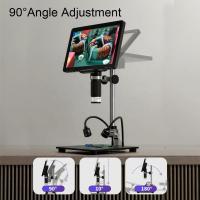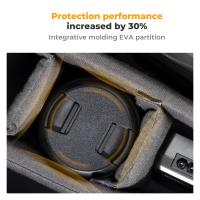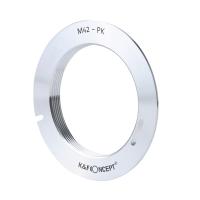Why Have Security Cameras?
Security cameras have become a staple in both residential and commercial spaces, providing a sense of safety and serving various practical functions. With advancements in technology, these devices are now more affordable, reliable, and easy to use, making them accessible to a wider range of users. But why exactly should you invest in security cameras? What are the specific benefits they provide, and why do they matter in today’s world? Here’s a comprehensive exploration of the purposes security cameras serve and the practical problems they solve.
1. Crime Deterrence and Prevention
One of the most obvious and significant reasons for having security cameras is crime deterrence. Criminals are far less likely to target a property if they know it is under surveillance. The mere sight of a camera can send a psychological signal to would-be intruders that their actions could be recorded and used as evidence against them.
Security cameras act as a "silent observer," and their presence can reduce acts of theft, vandalism, or other crimes. In fact, studies have shown that well-placed cameras in homes, businesses, and public spaces can significantly reduce criminal activities in their vicinity.
- Practical Scenario: Imagine you run a retail store. Theft is always a concern, whether petty shoplifting or organized crime. A security camera system not only discourages shoplifters but also provides you with the evidence you need if an incident occurs. Similarly, residential surveillance can make potential burglars think twice before approaching your home.
2. Evidence Collection
Even with the best preventive measures, crimes and incidents still occur. When such events happen, having a record of what unfolded is crucial. Security cameras provide video evidence that can be invaluable in investigations. Footage from cameras can aid law enforcement in identifying criminals, reconstructing events, and prosecuting offenders.
Beyond crimes, surveillance footage can be used to resolve disputes or misunderstandings—whether between neighbors, employees, or customers.
- Practical Scenario: Suppose someone falsely claims they slipped and fell in your driveway due to negligence. A security camera recording can provide proof of what really happened, safeguarding you from fraudulent claims.
3. Monitoring and Remote Surveillance
Today’s security cameras often come with features that allow real-time monitoring. With remote access capabilities supported by internet connections, users can watch live feeds from their cameras through their smartphones, tablets, or computers. This functionality has been a game-changer, allowing property owners—whether business managers or homeowners—to check in on their spaces anytime and from anywhere.
- Practical Scenario: Have you ever gone on vacation and worried about the security of your home? With remote monitoring, you can instantly check whether packages have been delivered, verify that doors and windows remain secure, or confirm that there are no unusual events occurring while you're away.
Employers, too, use remote surveillance to ensure their businesses are running smoothly. It allows them to oversee operations in real-time without being physically present.
4. Improved Workplace Safety
In commercial settings, security cameras aren’t just for deterring theft—they also play a vital role in enhancing workplace safety. Cameras installed in and around workplaces can monitor hazardous areas, ensuring employees adhere to safety protocols and reducing the likelihood of accidents. Additionally, they can be used to address workplace harassment and misconduct by capturing inappropriate behavior and providing evidence that supports corrective actions.
- Practical Scenario: For example, in a warehouse filled with heavy machinery, workers can make mistakes or neglect safety measures. Security cameras can help supervisors identify procedural lapses and take steps to improve safety training. Similarly, cameras can deter inappropriate workplace behavior, fostering a safer and more respectful working environment.
5. Resolution of Disputes
Over the years, security cameras have grown to become an effective tool for resolving conflicts. Video footage can clarify events and help to settle disputes that might otherwise escalate because of differing accounts or misunderstandings.
- Practical Scenario: Consider a parking lot where two cars collide, and both drivers blame each other. With a security camera monitoring the area, the footage can provide objective evidence as to what really happened, saving time, money, and frustration for all parties involved.
Similarly, in community disputes—such as arguments over loud noises, property damage, or boundary lines—footage from a security camera can provide an unbiased record of events.
6. Insurance Benefits
Security cameras can directly and indirectly influence your insurance premiums—and your ability to file claims when necessary. Many insurance companies offer discounts for homes and businesses fitted with surveillance systems, as the presence of cameras lowers the likelihood of property damage or theft.
Moreover, in case of insurance claims, whether for theft, fire, or vandalism, recorded footage serves as evidence to substantiate your case. This can make the claim process smoother and lead to faster settlements.
- Practical Scenario: Imagine a small business experiencing a burglary. If the event is captured on camera, the business owner has strong evidence to submit to their insurer, leading to quicker resolution and possibly higher compensation amounts.
7. Home and Family Protection
For homeowners, security cameras provide an additional layer of protection for families and loved ones. Not only do they help deter intruders, but they also allow you to monitor package deliveries, identify visitors before opening the door, and even keep an eye on children or pets while you're out.
Especially with the rise of video doorbells, which double as security cameras, families can use this technology to feel safer and more connected to the security of their homes.
- Practical Scenario: Let’s say you’re at work and want to ensure your kids safely returned home from school. Pulling up a live feed of your front door camera lets you verify when they arrived and whether they were accompanied by anyone unfamiliar.
8. Scalable Systems for Growing Needs
One of the overlooked advantages of modern security cameras is their scalability. Whether you’re installing a single camera at your front door or setting up a complex, multi-camera system for a commercial enterprise, you can find a solution that fits your needs and budget. Furthermore, many systems are modular, meaning they can be upgraded or expanded upon as your needs grow.
- Practical Scenario: A small business that opens its first retail store may start with just a few cameras on the premises. As the business grows and adds multiple locations, these systems can be expanded to provide consistent security across all properties.
9. Cost-Effective Peace of Mind
In the past, security camera systems were expensive and complicated to install, making them accessible primarily to large companies or institutions. Today, however, even highly advanced systems have become affordable, allowing households and small businesses to enjoy the benefits of security cameras without breaking the bank.
With many systems offering DIY-installation options, wireless connectivity, and cloud storage plans, you can achieve reliable surveillance at a fraction of the cost it used to require.
10. Integration with Smart Home and Business Systems
Modern security cameras aren’t standalone devices. They integrate with smart home systems, allowing you to control and manage everything from a central hub or app. This interconnectivity between devices means you can incorporate cameras into a broader security framework, including smart locks, motion sensors, lights, and alarms. These integrations further streamline your security setup and make it more effective.
- Practical Scenario: If an intruder is detected by your camera, you can program it to trigger an alarm, turn on lights, and send you a notification—all while the camera continues to record for evidence.
Final Thoughts: Why Security Cameras Are Essential

The question of “why have security cameras” ultimately boils down to protection, peace of mind, and practicality. They serve as both proactive and reactive tools—deterring crime before it happens and providing crucial evidence after the fact. Whether you’re looking to safeguard a home, protect a business, or simply feel more secure, security cameras are one of the most reliable ways to achieve those goals.
In a world where concerns about safety and accountability continue to grow, investing in a security camera system is not just a luxury—it’s a necessity. Modern technology ensures these systems are customizable, scalable, and easy to use, making them a reasonable and effective solution no matter your personal or professional needs. If you haven’t considered installing security cameras yet, now is the perfect time to explore the options and enhance your security coverage.

